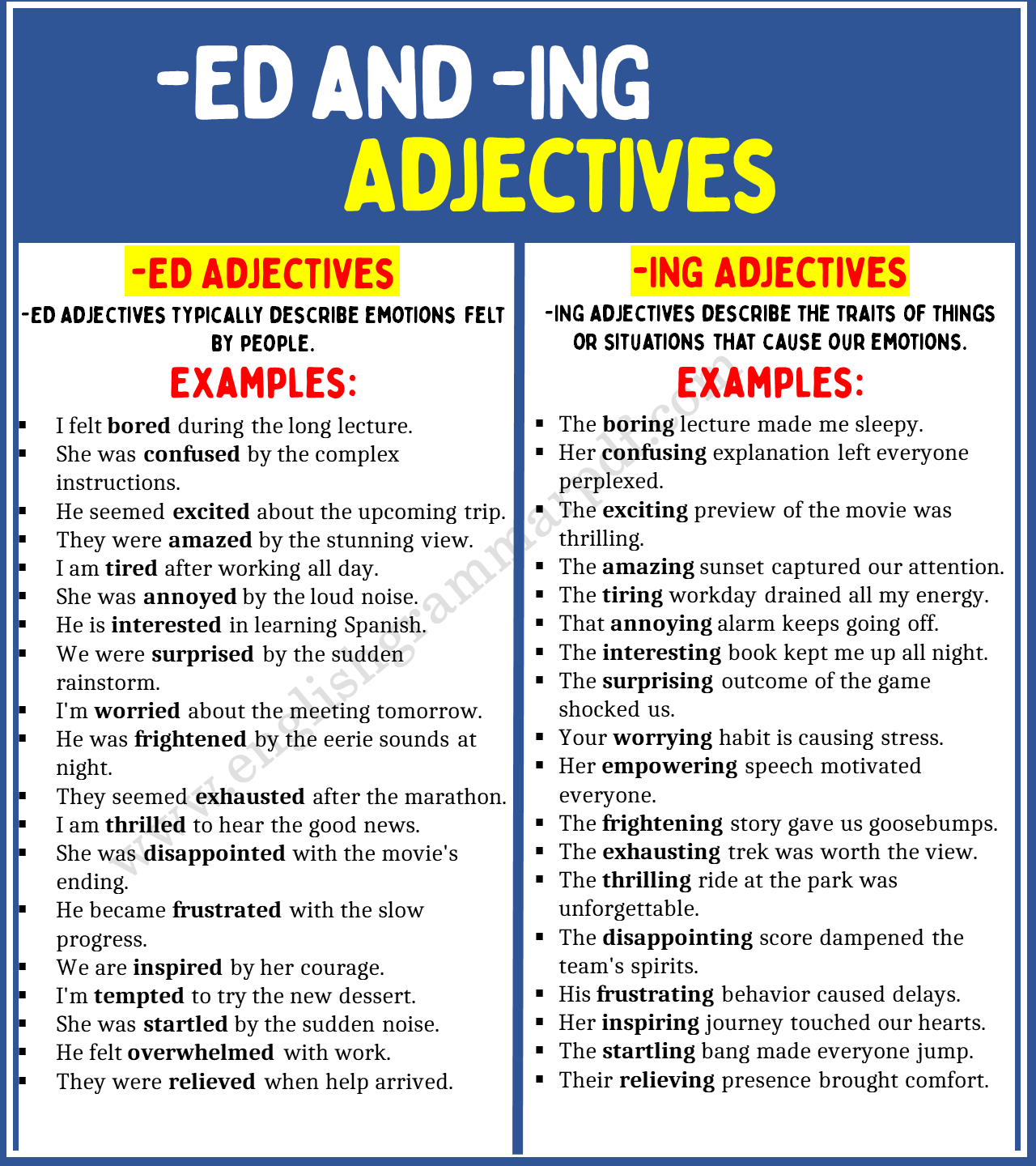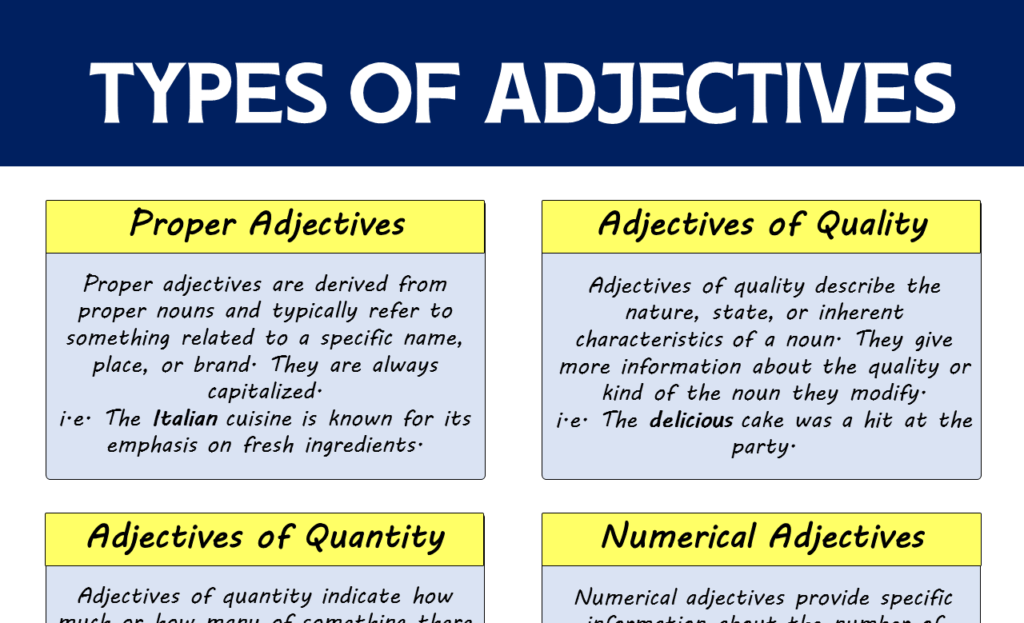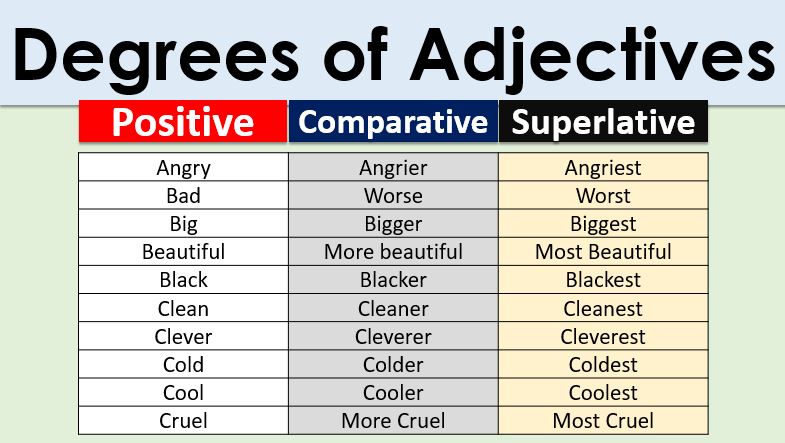Adjectives are words that describe or modify nouns and pronouns. They add color and detail to our sentences, allowing us to express our thoughts and feelings more vividly. Adjectives ending in -ED typically describe emotions felt by people, reflecting a state of being. Conversely, -ING adjectives describe the characteristics of the objects or events that evoke these feelings, focusing on their ongoing nature.
20 Adjectives Ending in -ED in Example Sentences
Adjectives ending in -ED typically describe emotions felt by people. Check these examples.
- I felt bored during the long lecture.
- She was confused by the complex instructions.
- He seemed excited about the upcoming trip.
- They were amazed by the stunning view.
- I am tired after working all day.
- She was annoyed by the loud noise.
- He is interested in learning Spanish.
- We were surprised by the sudden rainstorm.
- I’m worried about the meeting tomorrow.
- She felt empowered after the motivational speech.
- He was frightened by the eerie sounds at night.
- They seemed exhausted after the marathon.
- I am thrilled to hear the good news.
- She was disappointed with the movie’s ending.
- He became frustrated with the slow progress.
- We are inspired by her courage.
- I’m tempted to try the new dessert.
- She was startled by the sudden noise.
- He felt overwhelmed with work.
- They were relieved when help arrived.
20 Adjectives Ending in -ING in Example Sentences
-ING adjectives describe the characteristics of the objects or events that evoke these feelings. Check these examples.
- The boring lecture made me sleepy.
- Her confusing explanation left everyone perplexed.
- The exciting preview of the movie was thrilling.
- The amazing sunset captured our attention.
- The tiring workday drained all my energy.
- That annoying alarm keeps going off.
- The interesting book kept me up all night.
- The surprising outcome of the game shocked us.
- Your worrying habit is causing stress.
- Her empowering speech motivated everyone.
- The frightening story gave us goosebumps.
- The exhausting trek was worth the view.
- The thrilling ride at the park was unforgettable.
- The disappointing score dampened the team’s spirits.
- His frustrating behavior caused delays.
- Her inspiring journey touched our hearts.
- The tempting smell of cookies filled the kitchen.
- The startling bang made everyone jump.
- The overwhelming amount of data was hard to process.
- Their relieving presence brought comfort.
This breakdown not only illustrates the differences in usage between -ED and -ING adjectives but also shows how they enrich our language, allowing us to express our reactions and the qualities of our experiences more effectively.



